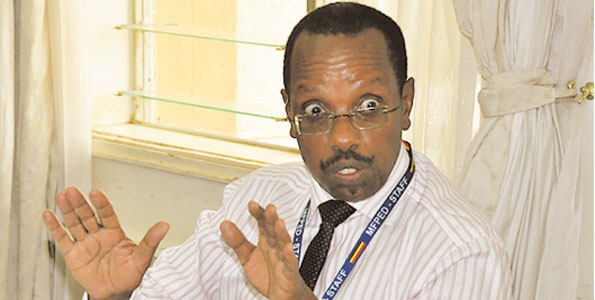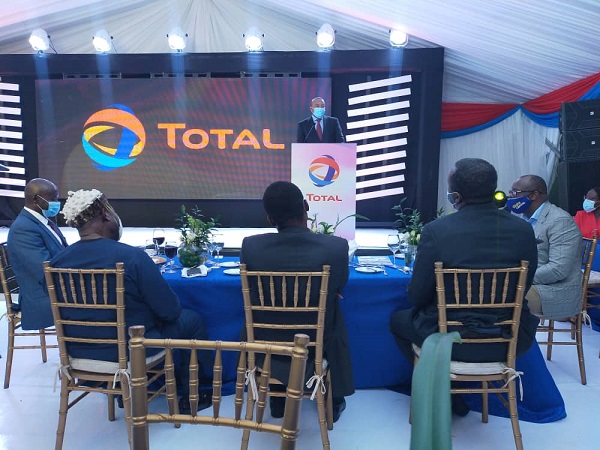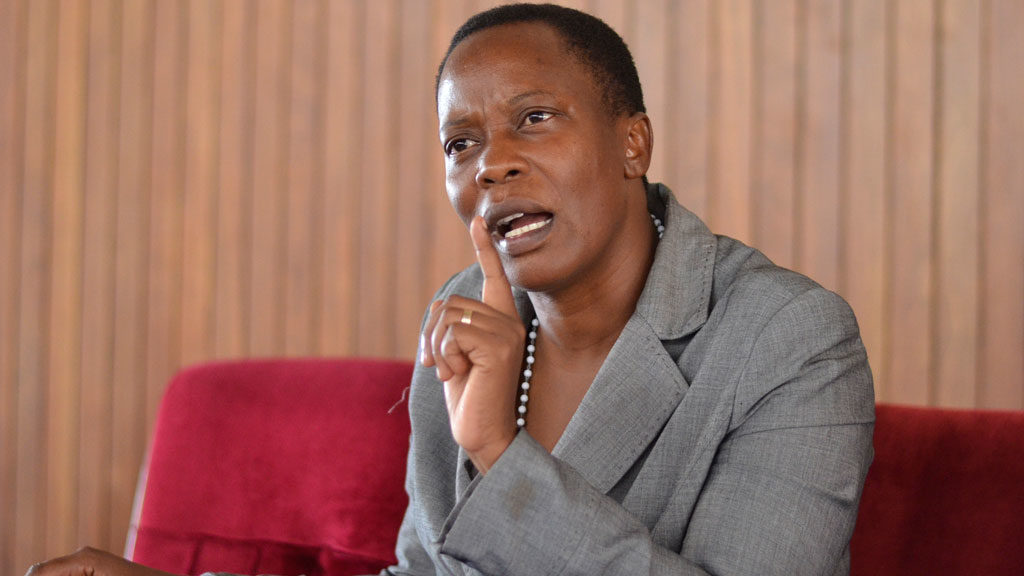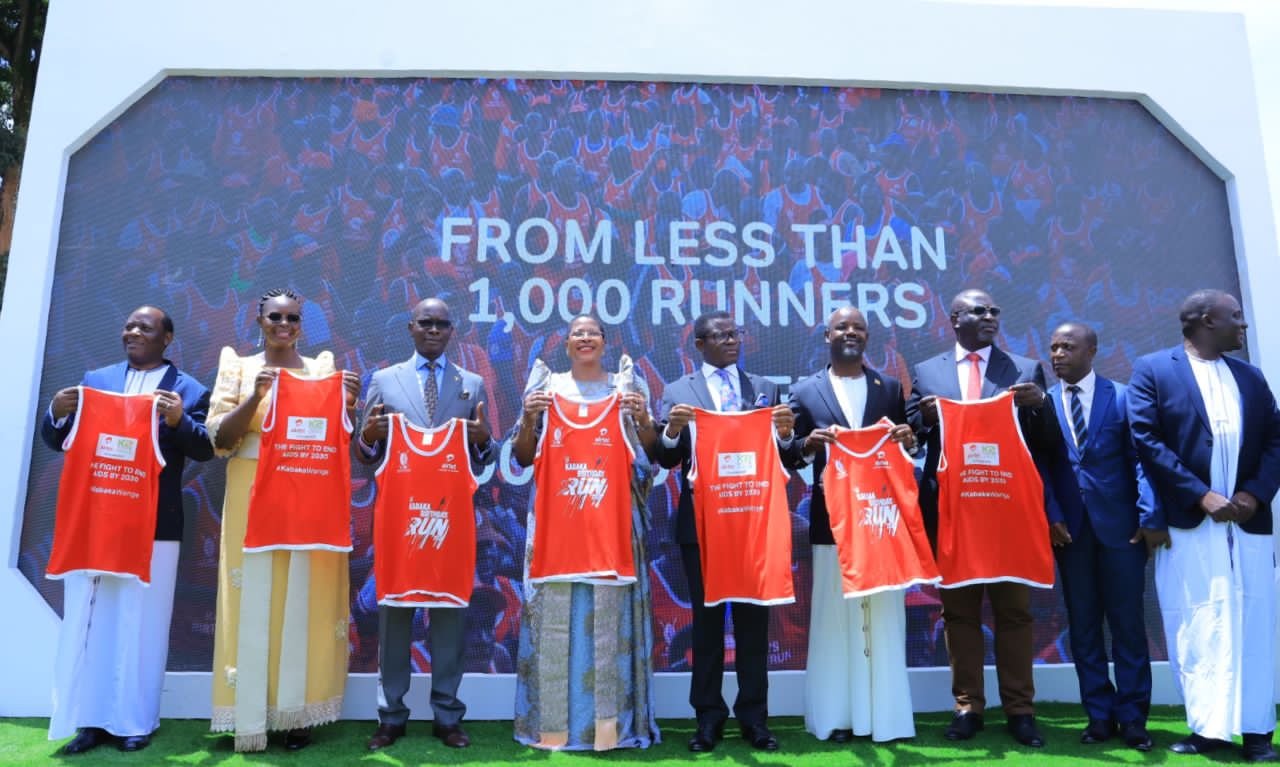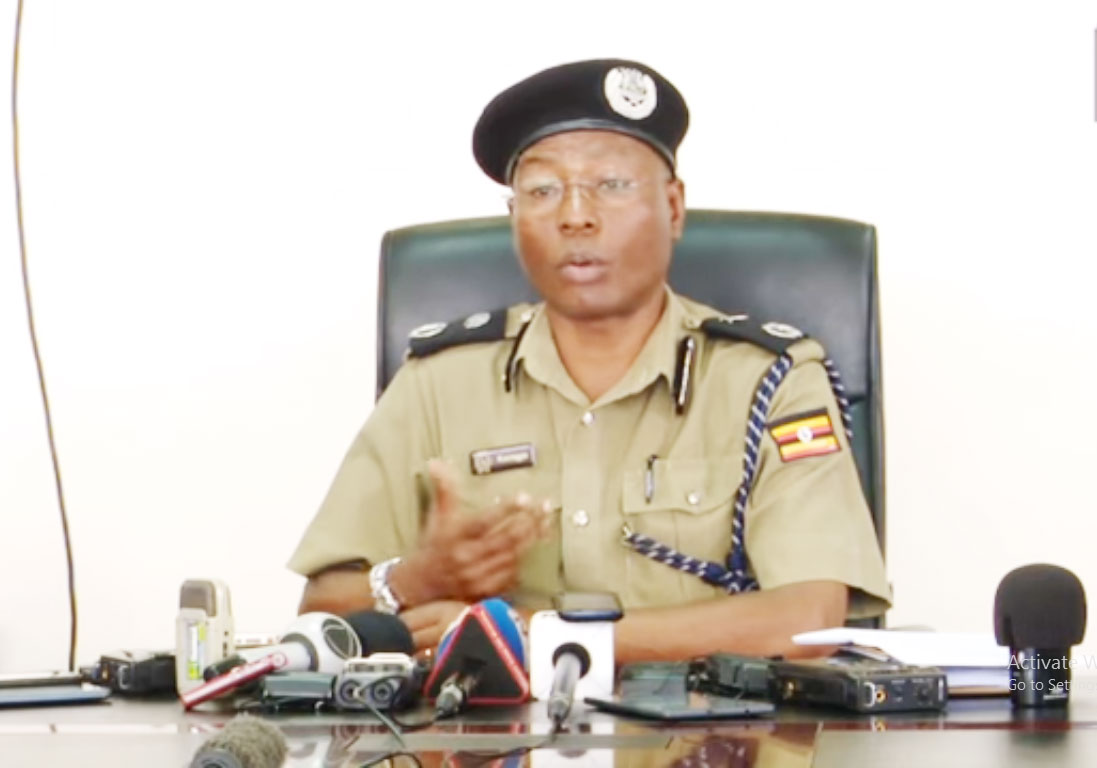Novelist Kakwenza Rukirabashaija has petitioned the East African Court of Justice over allegations of torture by security in Uganda.
Last month Kakwenza fled the country after he was denied his passport by the court. Kakwenza was arrested on December 28, 2021, from his home in Kisaasi, a Kampala suburb, and held incommunicado until January 11, 2022, when he was produced in court on two cases of offensive communication.
According to the prosecution, Kakwenza used his Twitter handle @KakwenzaRukira to post a series of tweets about President Yoweri Kaguta Museveni and his son Lt General Muhoozi Kainerugaba with no purpose of legitimate communication.
In one of the tweets, Kakwenza refers to the President as an election thief and in another, he calls Muhoozi overweight and intellectually bankrupt.
The prosecutors argue that the communication was willfully and repeatedly used to disturb the peace of the president. He denied the charges.
In his petition to the East African Court, Kakwenza through his lawyers of Kiiza and Mugisha Advocates lists a number of state actions that violated his rights.
Kakwenza cites his detention as a civilian in a military facility, violent arrest and incommunicado detention beyond the mandatory 48 hours, the search of his marital bedroom, and use of intrusive technologies to carry out mobile forensic analysis on his phone.
He is also challenging his kidnap by the military from Kitalya Min Max Prison to Makindye Military barracks on January 25 even after he has been granted bail and the military ban on him from addressing the media and order that writings about his literature be pulled down from the internet among other issues raised.
Kakwenza who is currently in Germany, wants the East African Court to declare his arrest, search of his home, torture by the military, and special force command a breach of the treaty binding members of the East African Community.
He also wants the East African Court to discontinue his trial and also be compensated for the alleged torture.
The East African Community treaty requires partner states to adhere to the Principles of rule of law, good governance, democracy, transparency, accountability, and universally accepted standards of Human Rights as stipulated in the African Charter for Peoples and Human Rights.










